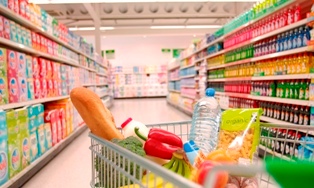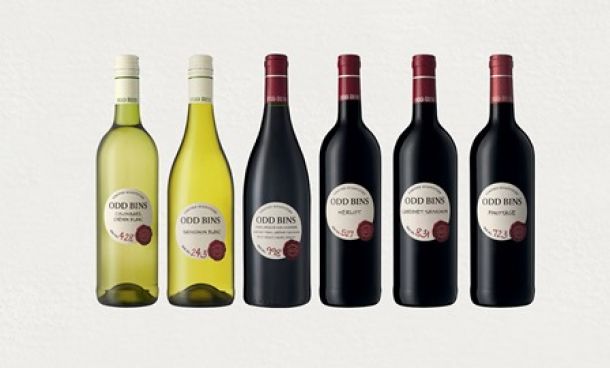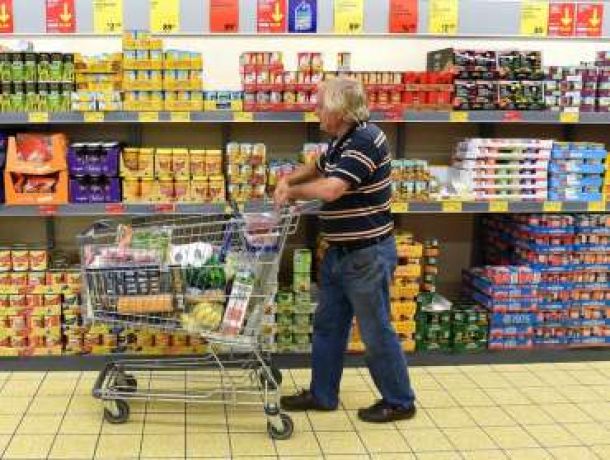With petrol at almost R20 a litre, food prices ahead of Christmas will shoot up
South African consumers will have to dig deeper in their pockets at the tills this festive season, with food prices set to rise on the back of rising petrol prices, feed, and input costs.

Ntando Thukwana | Business Insider SA
This week, the price of petrol increased to a record R19.54 by R1.21 a litre, an increase that will exacerbate the already high cost of food, analysts say."The recent fuel price does not bode well for the inflation profile in the short- to medium-forecast horizon, particularly food inflation.
This is also exacerbated by the fact that there are other cost-push pressures, like fertiliser costs and electricity costs," Kulani Siweya, Agri SA's chief economist, told Business Insider SA.He said the uptick in retail prices might come as a result of retailers charging more to account for the higher transportation and distribution costs that come with continued fuel hikes and other factors.
Paul Makube, a senior agriculture economist at FNB, said the higher fuel price will affect all agricultural produce but will mostly impact fresh produce and meat products given their sensitivity and frequency of distribution.
Going into the festive season, we are expecting food prices to remain elevated as meat prices are expected to remain firm on strong demand that comes with the festive season as well as lower slaughter numbers and rising world prices as we have seen play out this year," Siwela said.
He said that prices for chicken, which have also remained high due to strong global prices, may remain elevated.Currently, meat prices are already being pushed up by high production costs and rising feed costs. Weaner calf prices are 13% higher than they were last year at this time.
A kilogram of class A beef averages around R53.46 and has increased 3.5% year-on-year, while class C beef has risen by 8% to R45.64. While lamb and mutton prices are generally lower than last year, they are still 11% over the three-year average for this time of the year.
Poultry prices have risen 22% since last year at the same time for fresh whole birds, while frozen chicken has risen over 15%.
On the vegetable front, butternuts are currently averaging R7,00 a kilogram, while cabbages cost R2.28 and onions, R2.72. Potatoes cost around R6,39 for a kilogram, while tomatoes are R8,13.Other factors contributing to higher food prices include global food prices on the rise that are spilling over into the domestic market and electricity inflation, Siwela said.
The global shipping crisis has also caused financial constraints and, in some cases, delayed the arrival of critical input products such as pesticide and herbicide, which South Africa imports close to 80% of, Makube said."Internationally, the supply chain crisis impacted on the distribution of raw products to manufacturing plants.
Manufacturing plants could not get the right ingredients on time due to the logistics and the supply chain crisis which we've been having,
" he said.Makube said an adequate supply of food expected for the festive season might be able to offset the impact of the fuel hike on the price of food.
News Category
- International retailers
- On the move
- Awards and achievements
- Legislation
- Wine and liquor
- Africa
- Going green
- Supplier news
- Research tools
- Retailer trading results
- Supply chain
- Innovation and technology
- Economic factors
- Crime and security
- Store Openings
- Marketing and Promotions
- Social Responsibility
- Brand Press Office
Related Articles

Makro secures exclusive rights to SA’s most sou...

Checkers adds 41 new wines to Odd Bins range

Petrol price shocker for South Africa

Consumers to face higher prices this festive se...


